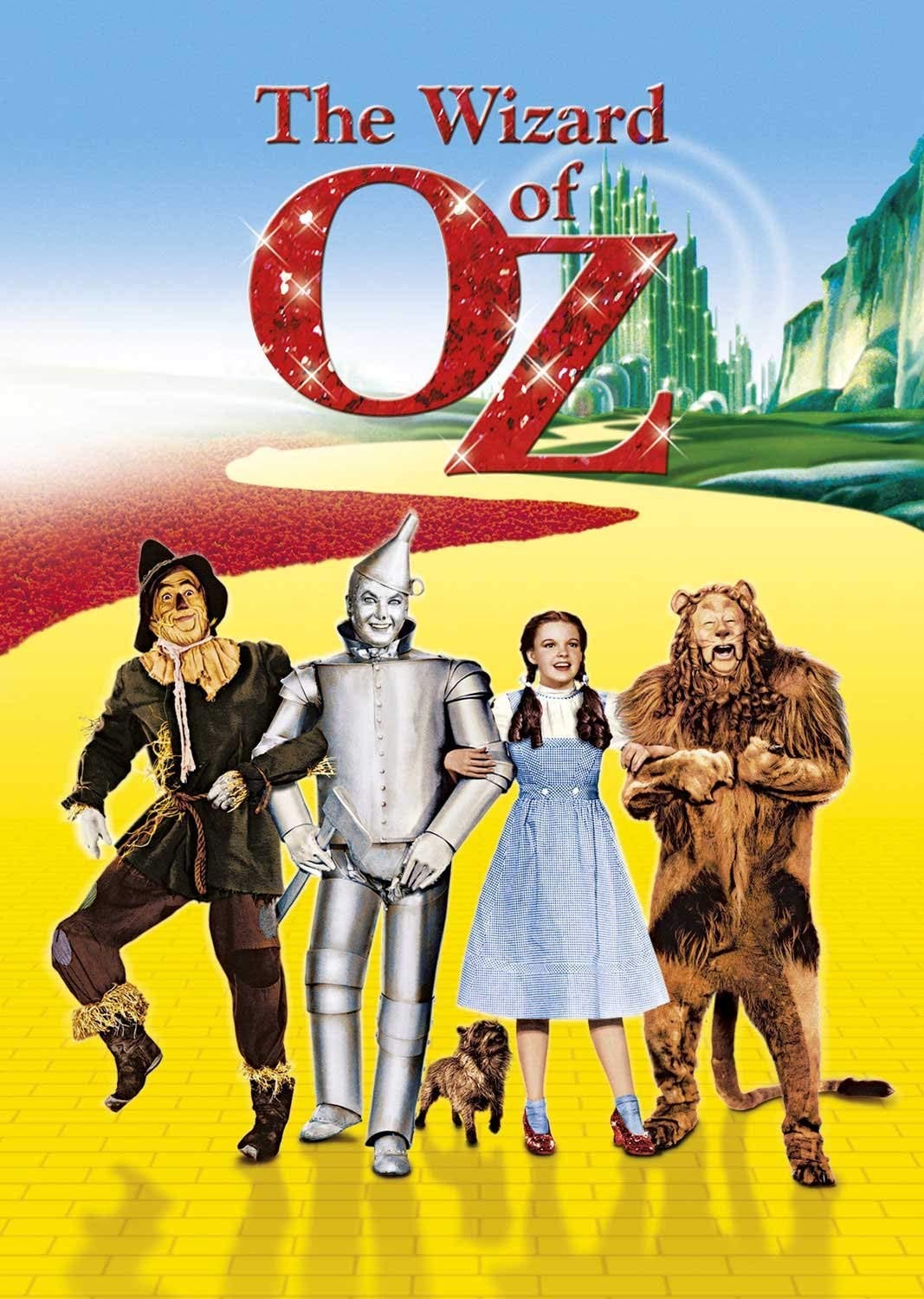In today’s era of globalization and westernization, we often find ourselves neglecting our cultural heritage. As Indians, we possess a wealth of traditions and resources within our own land, yet we frequently seek them elsewhere. Sometimes it takes foreigners to come and explore our culture, embracing our lifestyle, and teaching us what we already know to make us realize the significance and magnificence of our own heritage. Have you ever wondered why this happens? The answer is quite simple: it is due to ‘unawareness.’
Lack of Awareness:
Yes, it is true that many of us lack knowledge about our own culture. We do not possess as much understanding as we should. So, how can we acquire this knowledge? Who holds the key to it? How can we overcome this state of ignorance? One possible answer to all these questions is by learning Sanskrit.
Learning Sanskrit extends far beyond the mere recitation of shlokas, mantras, religious rituals, poojas, or mythology. It encompasses a much broader scope. To truly grasp its magnanimity, we must approach Sanskrit as a language in its entirety. By doing so, we can unlock the vast treasure trove of knowledge and wisdom that this language holds.
An ocean of knowledge:
When it comes to Sanskrit texts, it is indeed an expansive ocean of knowledge. It encompasses a vast array of subjects that span various domains. From Vedas to puranas, economics to religion, medicine to physics, literature to drama, philosophy to yoga, architecture to culinary arts, astronomy to geometry, Sanskrit texts offer everything literally.
What exactly Learning Sanskrit is:
Let us begin with the fundamentals. Learning Sanskrit primarily involves understanding the language through its grammar. This journey can effectively commence at the school level. By gradually acquiring knowledge of Sanskrit grammar, learners can develop the ability to read and comprehend Sanskrit texts.
Why do we need to learn Sanskrit?
In today’s world, it is natural for us to seek strong and compelling reasons before investing our time and resources into any endeavour. We often require exciting outcomes to motivate us to pursue something. This mindset is not inherently wrong. That is precisely why it becomes crucial to comprehend the significance of learning Sanskrit and recognize its numerous benefits.
Let us now see, what learning Sanskrit offers you:
- Knowledge – The pursuit of knowledge itself is a compelling reason to learn anything, and it should always be a primary motive. As mentioned earlier, Sanskrit texts encompass a vast array of knowledge rooted in rigorous study and logical reasoning. Our Sanskrit heritage contains a wealth of information from various fields, including sciences, arts, literature, linguistics, and philosophy. Whether one seeks scientific principles, artistic inspiration, profound philosophical insights, or linguistic intricacies, Sanskrit has something to offer.It is not surprising that foreigners are consistently drawn to these texts, motivated to learn Sanskrit and harness its knowledge to foster personal growth and contribute to the development of their countries.
This knowledge has the power to deepen our awareness of our roots, culture, and magnificent heritage, filling us with immense pride. It will reveal the splendour of our history and the vast wisdom our land has long held. Embracing this knowledge will enable us to dispel misunderstandings and controversies that arise from those with incomplete or no knowledge.
Apart from this there are additional benefits that come with learning Sanskrit,
- Ease to learn other languages – It is observed that learning Sanskrit grammar makes the learning of other languages easier.
- Clarity of speech– It is a proven fact that recitation of Sanskrit shlokas makes our speech clear and fluent.
- Clarity of thoughts – Reading original texts serves as a powerful means to gain awareness of facts and access unadulterated, authentic knowledge.
- Career opportunities – Sanskrit language presents abundant career opportunities in various fields, including teaching, research, oratory, and related domains.
- Uniqueness – The field of Sanskrit remains relatively unexplored, and its inherent beauty is still unfamiliar to many. Consequently, acquiring proficiency in Sanskrit can set you apart and bestow upon you a unique identity.
In conclusion, learning Sanskrit serves as an asset for our personal development. It enriches us with a deep awareness of our glorious culture and heritage, imbuing us with profound wisdom. This understanding instils within us a deep appreciation for our land and motivates us to preserve the sanctity and purity of our heritage.
Let us not wait for others to recognize the importance of our culture. Through our own pursuit of knowledge and understanding, we can uphold the legacy and promote the richness of our heritage. By cherishing and honouring what we have, we contribute to its continued vitality and ensure that future generations can embrace and celebrate our culture with the same pride and reverence.








